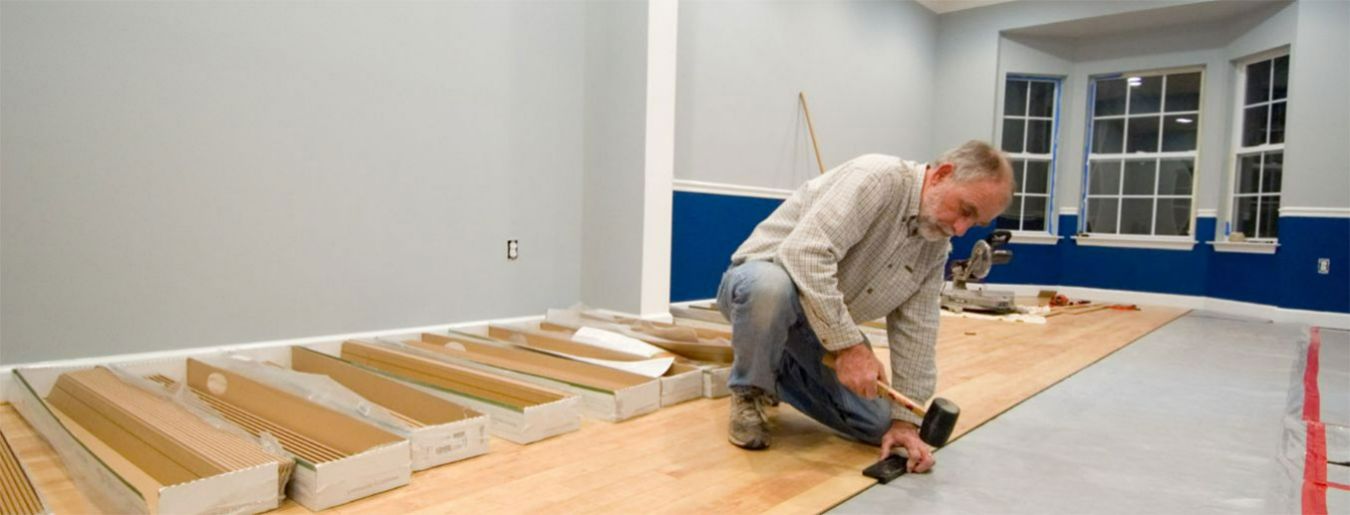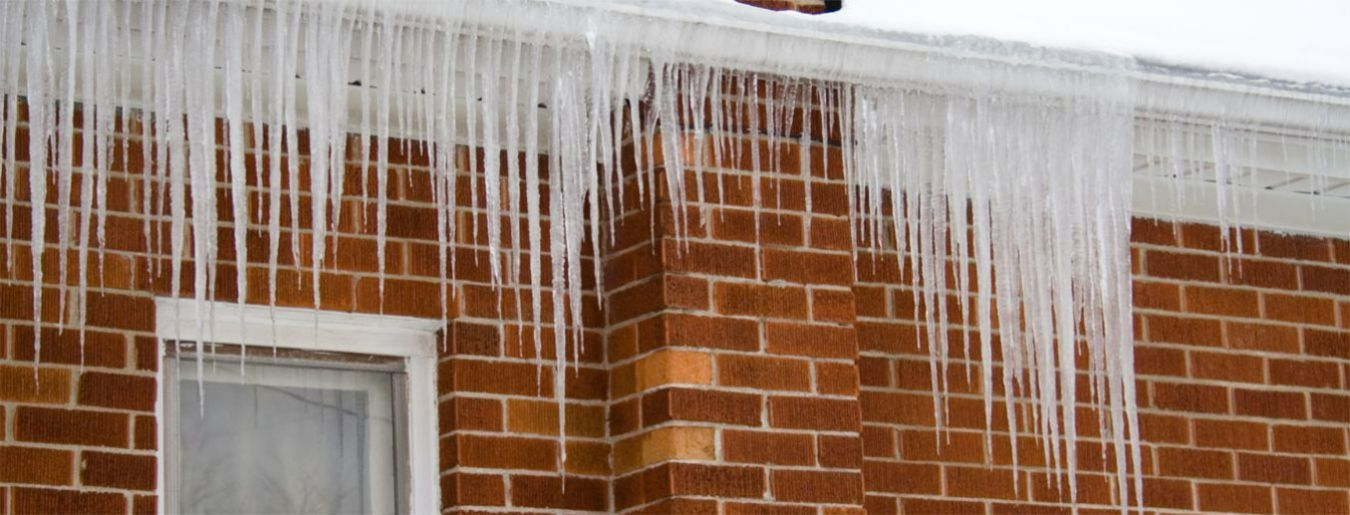Home building and renovating require careful planning. The sequence in which construction tasks are completed is especially important, but it’s not always immediately clear which project to tackle first. Take your walls and flooring, for instance. Should you paint walls first or install floors beforehand? If you finish your flooring first, don’t you risk staining them with paint or scuffing them with a ladder as you paint the walls? But on the other hand, if you paint walls before installing flooring, isn’t there the chance of accidentally damaging your freshly painted walls while laying down wood, tile, or carpeting?
Unless you’re an experienced contractor, the question of whether to finish floors or paint first isn’t so obvious. But Taupe Home has your back. In our experience, you almost always want to install your flooring before painting your walls. Below, we’ll explain why that is usually the best course of action.

Get Home Warranty Quotes
from Top Rated Authorized
Partners
Get a Quote
Do You Paint Before or After Flooring Installation?
As a rule of thumb, hold off on painting a room until after the flooring is complete. We have several reasons for this recommendation.
1. Installing floors often requires removing baseboards.
The process of installing flooring may require the absence of baseboards on the walls. This ensures a neat final appearance and eliminates the possibility of visible edges where the flooring meets the walls.
You don’t want to remove baseboards from freshly painted walls. Paint will chip or peel off from the walls and trim. Whatever tool you use to pry off the baseboard will leave scratches and scuff marks. After you have installed the floors, you will need to touch up the walls and baseboards. There’s no doubt about it.
If you’re renovating a room, another thing to consider is that new flooring can sit above the subflooring at a different height. Flooring that is thinner or sits closer to the subflooring will necessitate lowering the baseboards. If you have already painted the room, you will see a thin band that has not been painted after you bring the baseboards down a notch.
Touch ups from a professional painter will not look sloppy, but repainting makes for an additional step and added expense that you could otherwise avoid if you install your flooring beforehand.
2. There’s a risk of scratching the walls with flooring equipment and materials.
If you’re wondering whether to attend to paint or new flooring first, consider that you or your contractor’s flooring crew could accidentally scrape the walls with sanding machines, rolls of carpeting, hardwood planks, or other materials.
Installing new floors often requires heavy equipment. Unfinished hardwood flooring, for example, needs to be sanded down, and professional crews will often use one or more large drum sanders. Experienced tradespeople are careful workers, but there is always the chance of the drum sander causing some small nick on the baseboards or walls as the operator navigates a corner or edge of the room. Floor buffers and carpet knives can also mar a fresh coat of paint.
Consider too the abundance of flooring materials. Stacks of hardwood, boxes of tile, or heavy rolls of carpeting can brush against walls as the crew shuffles materials around the room, and the sheer weight of these things can easily scuff the wall.
Cosmetic damage to the walls is not a guarantee, but it is a possibility—one that can be avoided if you paint after all other construction tasks are complete.
3. Removing and installing flooring makes a mess.
Another concern is the dust and fine debris that becomes airborne during the process of removing and installing flooring. Tearing up old carpeting, prying off old wood flooring, and sanding new hardwood generate fine particulate matter that is impossible to contain. If you have a reasonably fresh coat of paint on the walls and ceiling, that dust and debris will stick to every tacky surface.
A small scratch or smudge you can touch up. Profuse dust can discolor your newly painted walls and create an off texture that needs to be sanded away—a job that is much more involved and costly. Professional flooring and painting crews alike will advise against painting a room before installing floors for this very reason.
4. The color and style of your flooring can influence your decisions on paint color.
Interior design considerations can also influence your decision to paint a room after all construction work, including flooring, is complete. Paint is reasonably inexpensive, and you can find virtually any color. It usually makes more sense to select the kind of flooring you want, then let that inform your decision on paint color.
If you install your flooring after painting the room, you may find that your walls and floors clash in color or style. In that circumstance, repainting the room is the only reasonable solution. Redoing the flooring will be too costly and wasteful, and what if you encounter the same problem again?
Are There Any Downsides to Painting Before Installing Flooring?
New floors are expensive, and you might be inclined to paint your walls and ceiling before installing hardwood or carpeting to avoid the possibility of dripping wet paint on your new floors. This isn’t as serious a problem as you might think. Professional paint crews are exceedingly cautious. They’ll use drop cloths and painter’s tape to avoid getting paint on the floors. If a few drips do get on your floor, it’s almost always easy to wipe up or peel away.
Sanding away old paint of stripping wallpaper can make a mess on a new floor, but the solution here is to prep your walls before installing your new floors and apply the new coat of paint after. Some professional painters might recommend applying primer beforehand as well. If you’re hiring professional help, it’s always worth gauging their opinion on how to approach a home renovation most efficiently. Your home may present unique considerations that require a custom or nontraditional approach, and an experienced contractor can help you determine the best way forward.

Let us find the
Best Home Warranty Provider
for your Home's Needs
Find Continued Support for Your Home Renovation in Taupe Home
Updating your home is a substantial undertaking. With so many tasks to tackle, it’s easy to get overwhelmed. Let Taupe Home relieve some of the stress that comes with a renovation. We work with home professionals across the trades to convey expert advice to the everyday homeowner. Search our archives for information on everything from design trends to appliance maintenance instructions. Our industry expertise will help you build the home of your dreams—under time and under budget.



 Prev Post
Prev Post




